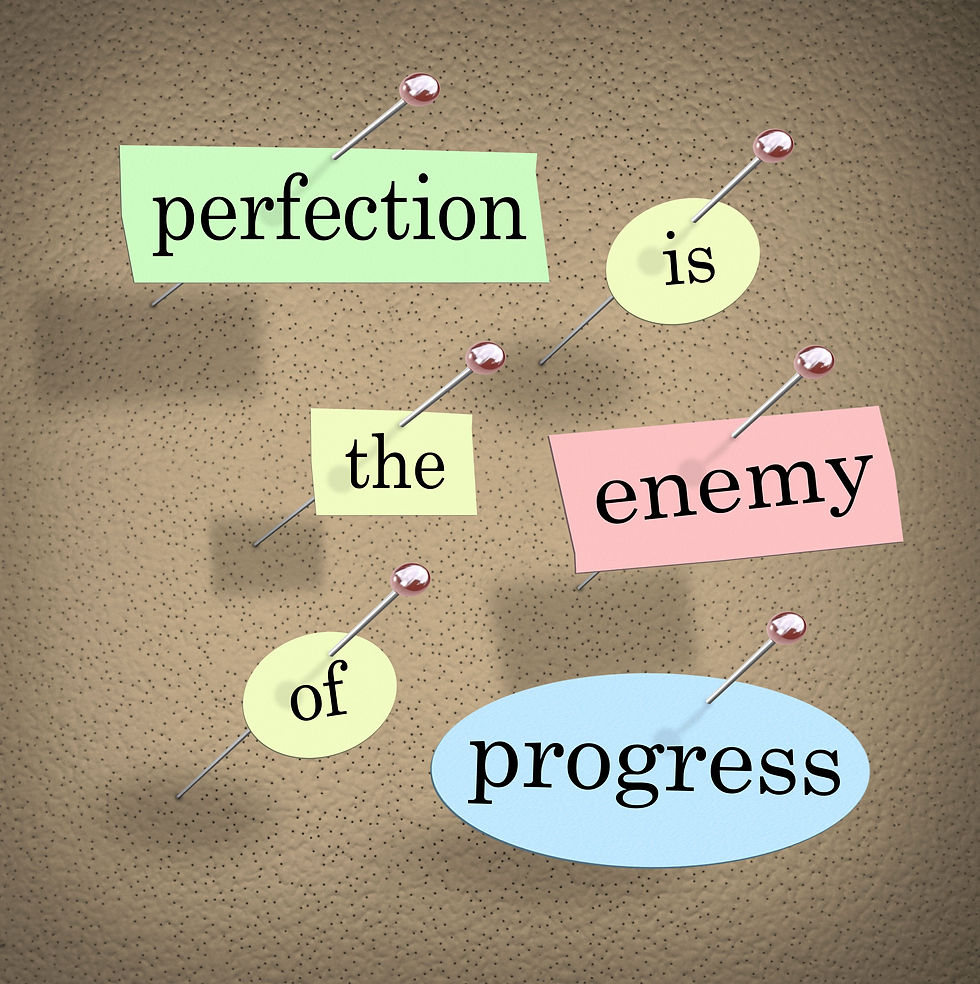Review: Love and Other Unknown Variables by Shannon Lee Alexander
- Katie Jerath

- Apr 15, 2015
- 4 min read
Love and Other Unknown Variables presented a bit of a sneak-attack on my emotions. I admit to skimming the blurb and thinking it would be more of a light-hearted read, especially with the fun cover. I wasn't prepared, however, for the tears that snuck up during a particular bathroom scene, or the painful twinges in my heart as the tension built and I became more attached to the characters. Don’t get me wrong; there are fun, light-hearted moments in this book, but this is certainly a lesson in not judging a book by its cover.
“Please don't confuse love and logic Charlie. They aren't even remotely related.”
Charlie Hanson is smart with a capital ‘S.’ Math is his passion, and he has been preparing for acceptance into MIT since he was a kid. Nothing will break his focus or keep him from achieving his goals. That is, until he meets Charlotte “the Other Charley” Finch. See, Charlie has never had much luck with girls, and he chalks that up to being a “math geek,” but when he meets Charlotte, a beautiful free spirit who sketches and reads in her free time, his luck starts to change – and so does his outlook on life. Charlotte enlists Charlie’s help to prank her older sister, who just so happens to be Charlie’s new English teacher. In pulling off the prank, however, Charlie realizes that there’s so much more at risk than just his stellar school record, or the pride of an eager teacher. Perhaps mathematics and science aren't everything; maybe, just maybe, that’s okay.
“I didn’t know then, you know?”
“Know what?”
“What it meant to have a friend—that having a friend would change me, make me a better person—make me more real. How was I to know?”
First, I must say that I adored all of the characters! Even the minor characters, like Charlie’s little sister, Becca, and old Mrs. Dunwitty (who Charlie lovingly refers to as “Dimwit”), jumped from the page in their vibrancy and well-roundedness. Each character had something to give the other, and no character existed simply as “filler space.” It was refreshing to see relationships portrayed realistically here, even though circumstances were less than ideal for some of the characters, like Charlotte with her absent, alcoholic father. It was also heartening to see how much Charlie grew throughout the story, especially as he came to grips with what was really going on with Charlotte. There’s no insta-love in this book, and in fact, I was happy to see the relationship between Charlie and Charlotte evolve naturally, as they learned more about each other.
The sub-plot of Charlie and his schoolmates pranking Ms. Finch, the new English teacher, was a little silly, but then again, we are talking about high-schoolers here. I don’t care if they are bound for MIT or other prestigious universities; they’re still kids! I will say, though, that it was great to see those who are inspired by the sciences and the arts alike remaining unapologetic for their passions, and pursuing them to the fullest. For those who may be discouraged by the sub-plot, the second half of the book picks up, and the emotional high of the overall arc really sets in.
This book has been compared by some to The Fault in Our Stars by John Green. Personally, I didn't like TFiOS, and I wouldn't group Love and Other Unknown Variables with it if given the choice. Yes, this book is about a young girl dying of something terrible, and yes, there’s a bit of a love story, but it’s SO much more than that. There’s a line in the book that, I think, sums up the entire plot:
“It's not enough to be your best. You need to be someone else's best, too.”
It is so easy, especially when we’re younger and more idealistic, to think only of ourselves and our wants, desires, hopes, dreams, and goals. We all set out on a road we've mapped all on our own, only to eventually realize (perhaps some more than most) that we don’t have it all figured out, that it’s okay to not have it all figured out, and that often, there are things bigger and more important than lists, numbers, statistics, achievements, material gains and so on. We are not simply the sum of our parts; we are also made up of the things we do for, think about, and say to other people. Charlotte’s illness is not the focus of the book, though it is treated with the respect it deserves, and the developing romance between Charlie and Charlotte is not the focus, either. Rather, the focus of the book is on relationships; how the right relationships can bring us out of our shells, realize our dreams, change our minds, and indeed, make us more real.
If you’re looking for a book that is both light-hearted and a little sad, with characters you’ll think about long after you've turned the last page, do yourself a favor and read Love and Other Unknown Variables.








コメント